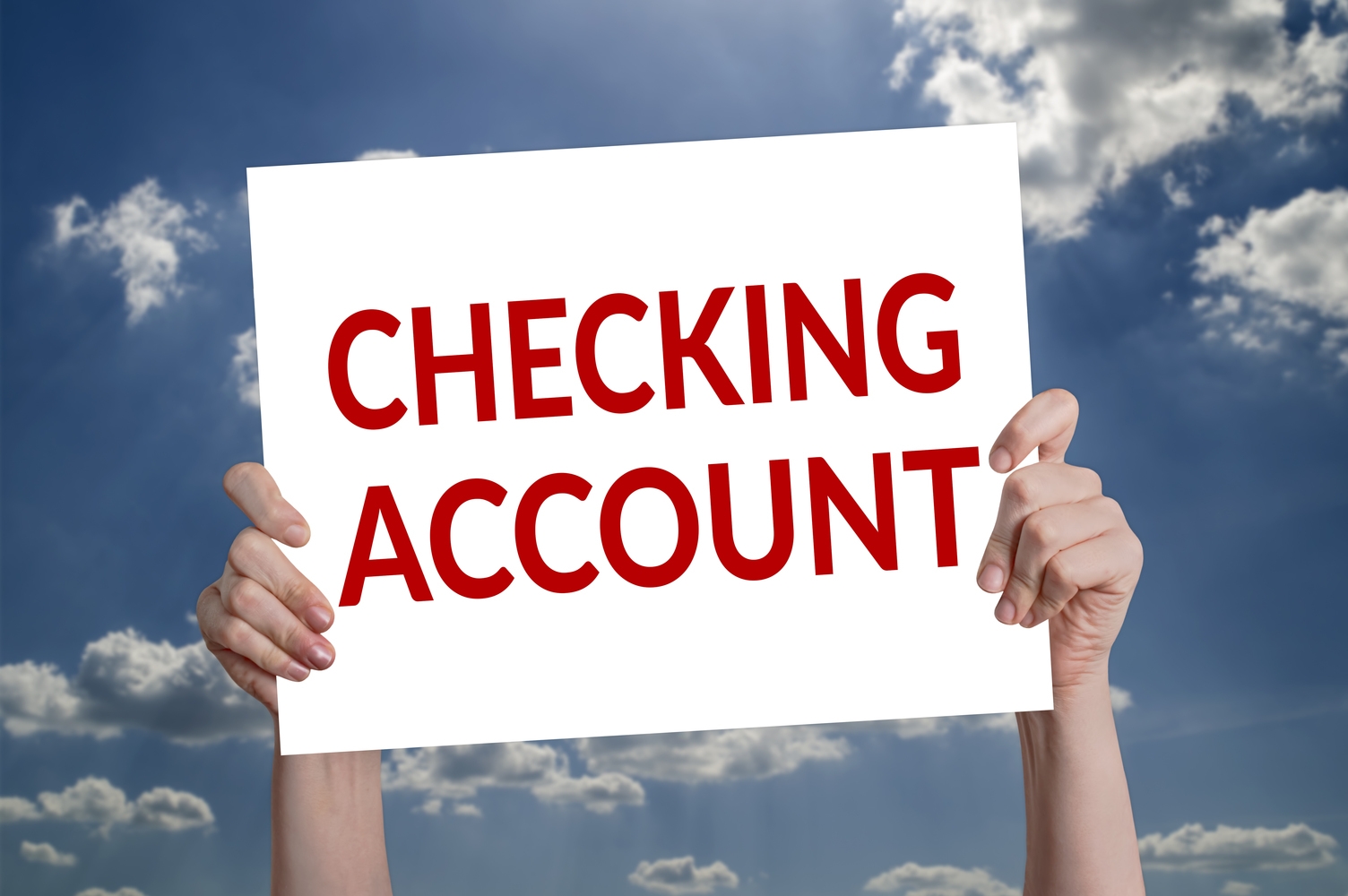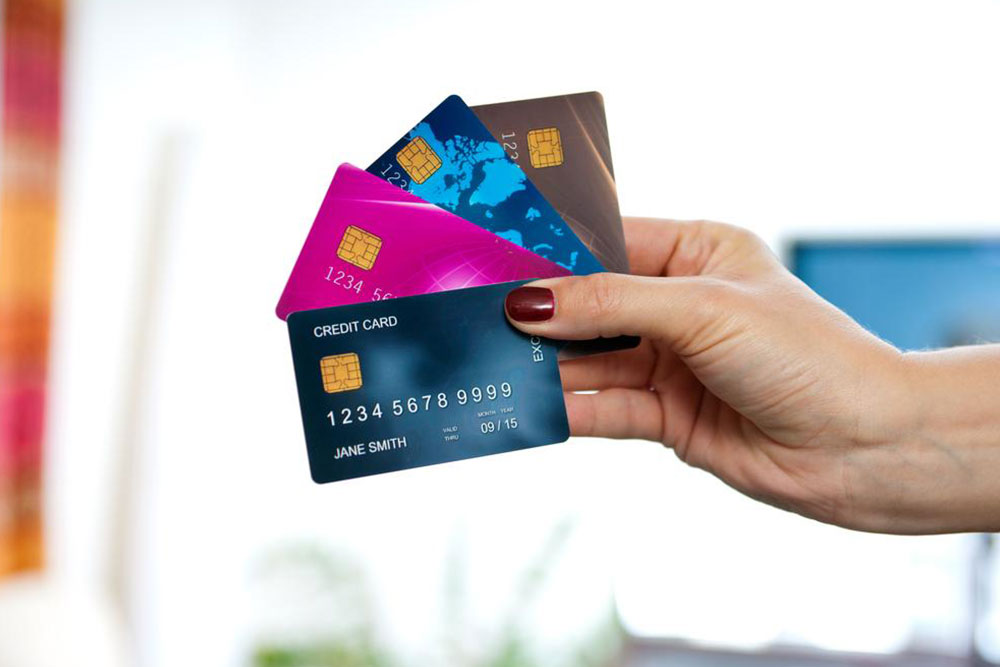Top 7 Mistakes to Avoid for Smarter Checking Account Management
Improve your financial health by avoiding common checking account mistakes. Learn practical tips to prevent overdraft fees, maximize returns, enhance account security, and optimize convenience. This comprehensive guide provides actionable advice for smarter banking and better money management, ensuring your checking account works efficiently to support your financial goals.

Top 7 Mistakes to Avoid for Smarter Checking Account Management
Managing your checking account effectively is essential for maintaining good financial health and avoiding unnecessary fees. Many account holders make common mistakes that can lead to overdraft charges, missed opportunities for better returns, or increased security risks. Understanding these pitfalls and how to prevent them can help you maximize the benefits of your checking account while minimizing costs. In this comprehensive guide, we highlight the top seven errors to steer clear of, along with practical advice on how to handle your checking account wisely.
Failing to Maintain Sufficient Funds to Cover Expenses
One of the most frequent mistakes is neglecting to keep enough money in your account to cover your regular expenses. Whether it’s rent, utility bills, groceries, or automatic payments, inadequate funds can lead to overdraft fees, returned payments, and a negative impact on your banking reputation. To avoid this, always monitor your account balance diligently, set alerts for low funds, and consider maintaining a buffer that exceeds your typical spending needs. Using budgeting tools or linking your account to your financial management apps can further help you stay on top of your finances.
Leaving Large Sums Idle in Your Checking Account
Many people keep excessive funds sitting in their checking accounts, which often yield little or no interest. Instead, consider transferring surplus funds to higher-yield savings accounts, certificates of deposit, or other investment options that can earn better returns. This strategy not only helps your money grow but also reduces the risk of losing access to funds that could be earning more elsewhere. Regularly reviewing your cash flow and transferring excess funds can optimize your financial resources.
Selecting a Bank Without Convenient ATM Access
Accessibility is crucial when choosing a banking partner. An ideal bank should have ATMs conveniently located near your home, workplace, or frequent destinations. This minimizes withdrawal fees, saves travel time, and makes managing cash more straightforward. Before opening an account, research the bank's ATM network and fee policies. Some banks partner with broader ATM networks or offer reimbursements for out-of-network withdrawals, providing added convenience and savings.
Maintaining Only the Minimum Balance
Relying solely on the minimum required balance can restrict your access to better banking perks and might incur fees if your balance drops below the threshold. Consider accounts that offer no minimum balance requirements or come with additional features such as cashback, waived fees, or interest earnings. By opting for a more flexible account, you can enjoy greater financial flexibility and avoid unnecessary charges that come with maintaining just the minimum.
Ignoring Transaction Alerts
Modern banking apps allow you to set up instant notifications for various account activities, including deposits, withdrawals, and suspicious transactions. Linking your account to your mobile device helps you monitor your spending in real time, preventing overdrafts and catching fraudulent activities early. Make it a habit to review alerts regularly and customize them according to your needs to stay informed about your account status at all times.
Neglecting Regular Transaction Review
Monthly statements are valuable tools for verifying your transactions. Regularly reviewing each charge helps you identify errors, unauthorized transactions, or duplicate payments promptly. Early detection prevents financial losses and enhances your security. Many banks offer online statement access, making it convenient to monitor your account from anywhere. Developing a routine to review your statements ensures you stay aware of your financial activities and spot issues before they escalate.
Sharing Account Details Online
Protecting your bank information is paramount in the digital age. Avoid sharing your account numbers, login credentials, or sensitive details on unsecured websites or social media platforms. When shopping online, prefer secure, trusted sites and use payment methods like credit cards or trusted payment gateways. For online shopping, consider using cash on delivery options when available, reducing exposure to cyber threats and potential fraud. Always update your passwords regularly and enable two-factor authentication for added security.
By staying informed about smart banking practices and adopting these preventive measures, you can enhance your financial security and make the most of your checking account. Follow us on social media for more tips on personal finance and banking strategies. Remember, being proactive and vigilant with your checking account management helps you avoid costly mistakes and build a stronger financial foundation for the future.





